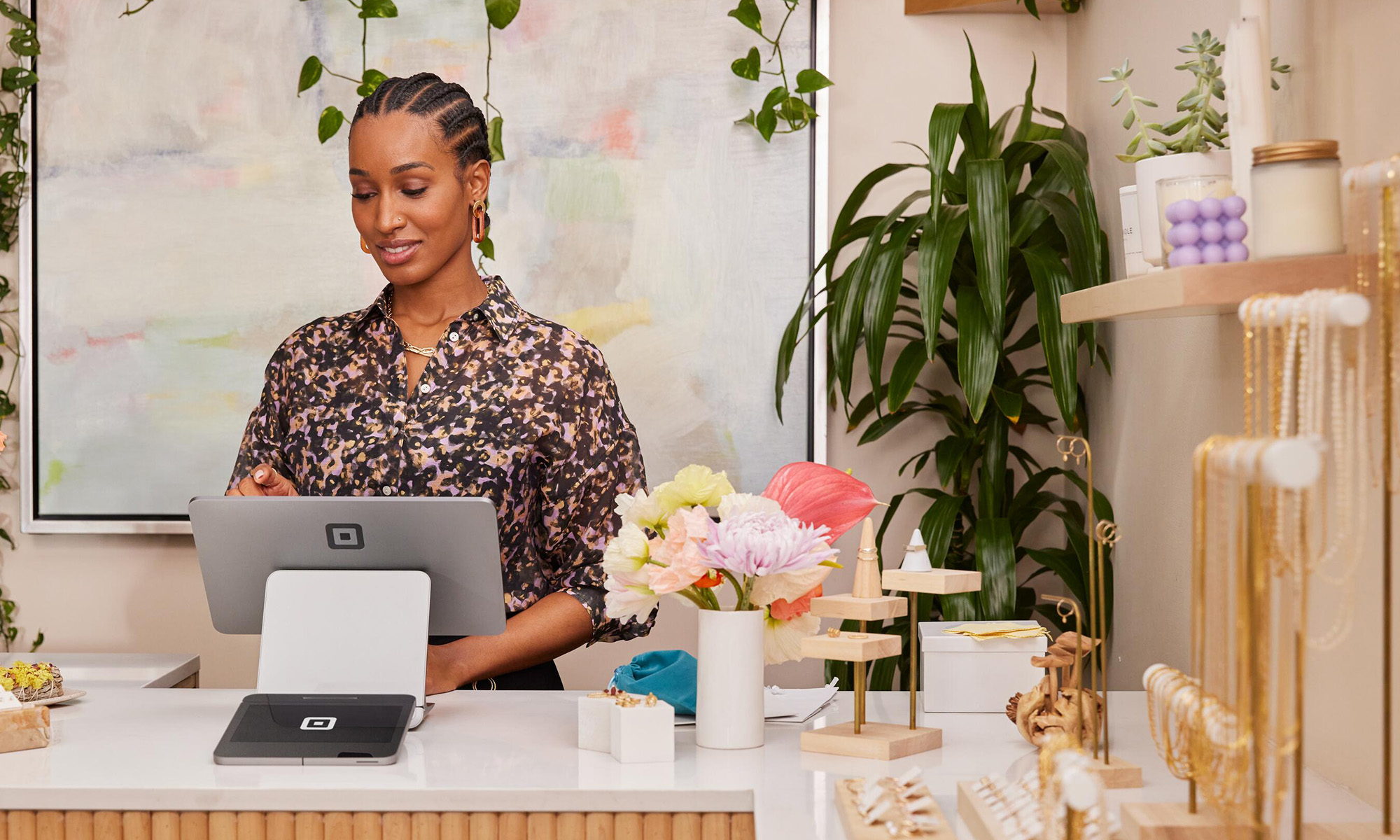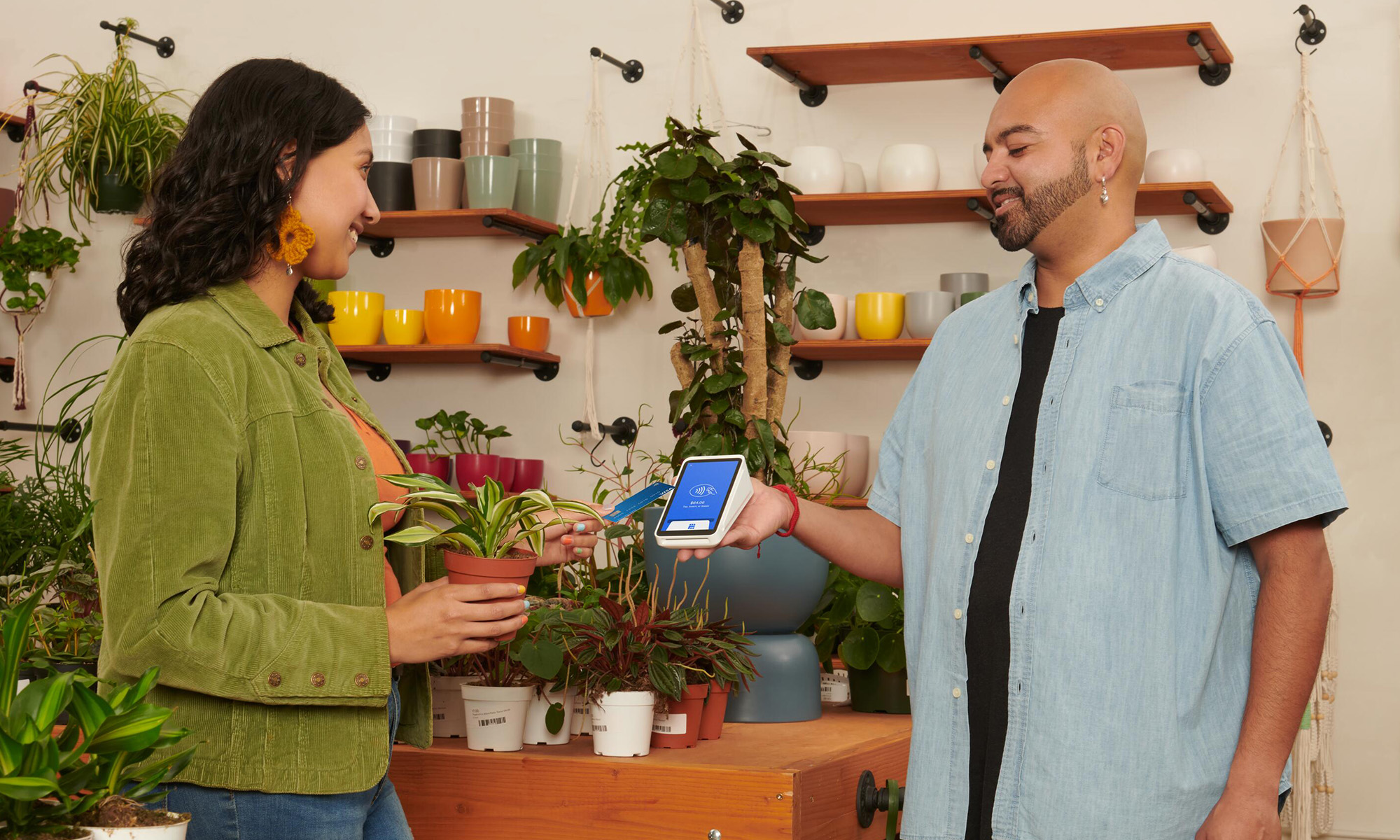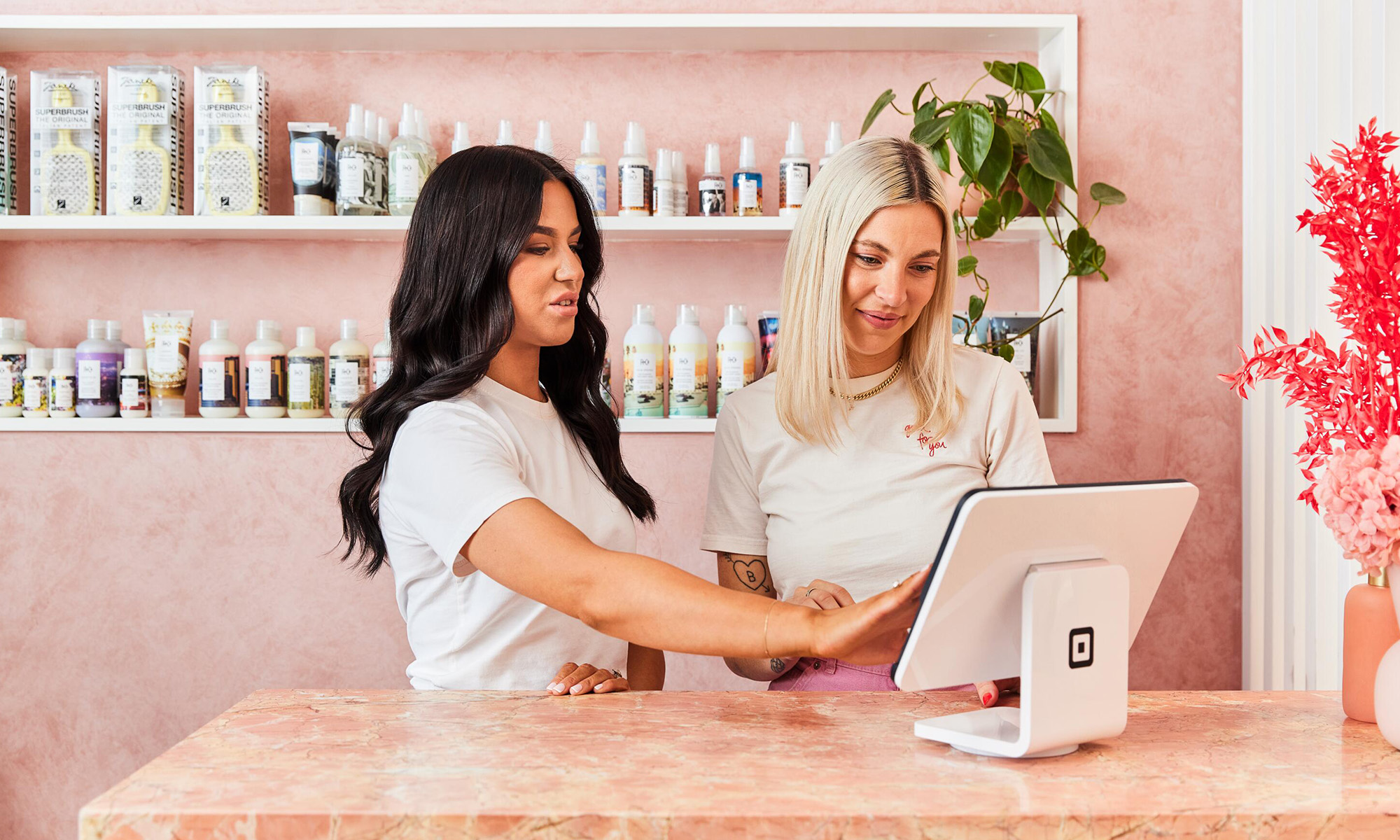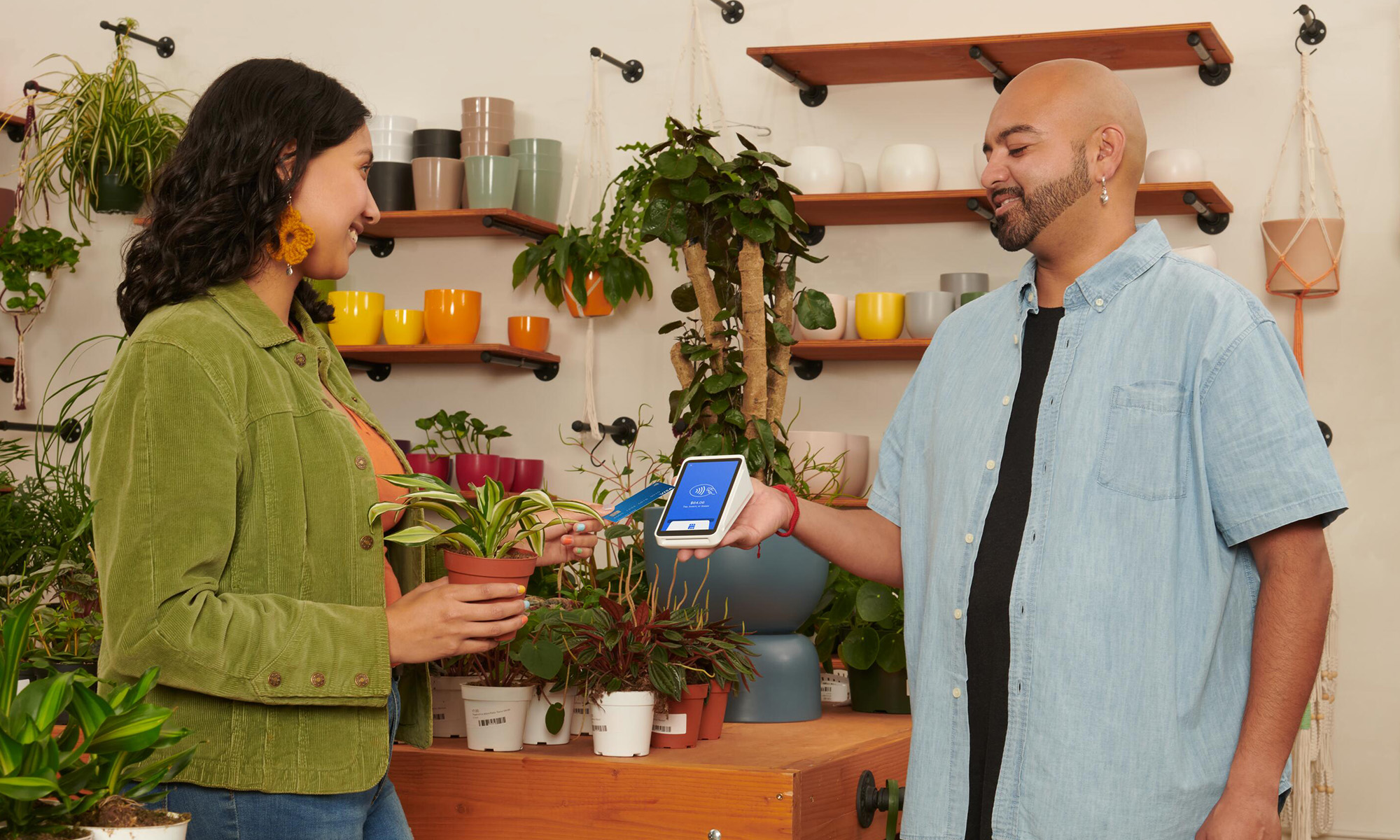Block (XYZ 0.69%) had a decent, if unspectacular, June, ultimately emerging from the month with a 10% gain in share price. A product launch in an important market overseas, announced as we approached July, was a catalyst, as were several positive analyst notes across the preceding weeks.
A good month for analyst takes
In the opening days of the month, Block earned a recommendation upgrade from Evercore ISI, whose analyst Adam Frisch ticked up his rating to outperform (buy, in other words) from in line (hold). With that, he also substantially increased his price target to $75 per share from the former $58.

Image source: Getty Images.
According to reports, Frisch's move was based on several factors, including the lack of more aggressive -- and therefore risky -- company lending to customers of its popular Cash App. The analyst also said that low-end consumer spending trends were holding steady; these support the small and mid-sized businesses that typically use the company's Square point-of-sale payment system.
Frisch was also heartened by new product rollouts from the company in both the hardware and software realms. In terms of the stock's valuation, the pundit wrote that it was cheap on several metrics when matched against peer fintech companies.
This positive tone was matched by several other Block-watching analysts during the month. While none went so far as to change their recommendation like Frisch, several either reiterated their existing bullish takes or raised their price targets.
Among the latter was Barclays's Ramsey El-Assal, who pushed his fair value assessment higher, to $75 per share from $57. He also maintained his overweight (buy) recommendation.

NYSE: XYZ
Key Data Points
Stablecoins brought volatility, but...
Block did take a bit of a hit to its stock price when a Wall Street Journal article stated that top U.S. retailers were exploring ways to process stablecoin payments. Much of this has to do with saving fees charged by companies like Block and credit card processors for transactions effected through their networks.
The mood seemed to change when Block announced the rollout of its recently introduced Square Handheld to the U.K. market. This is a point-of-sale device that looks (and in some ways acts) like a smartphone. Given its form factor and the payment software packed inside, it's ideal for restaurants, a crucial Block customer demographic.
Unfavorable unpredictability
Block has always been a strong performer in the transaction management space, particularly within its wheelhouse of small and mid-sized businesses. But it's something of a wild card since it likes to plunge into other related finance segments in a way that feels almost haphazard. Its embrace of cryptocurrencies, for example, feels less than careful and has introduced a significant degree of risk.
With that wild card quality, I would personally shy away from the stock. I feel there are other titles in the fintech space more worthy of consideration.






